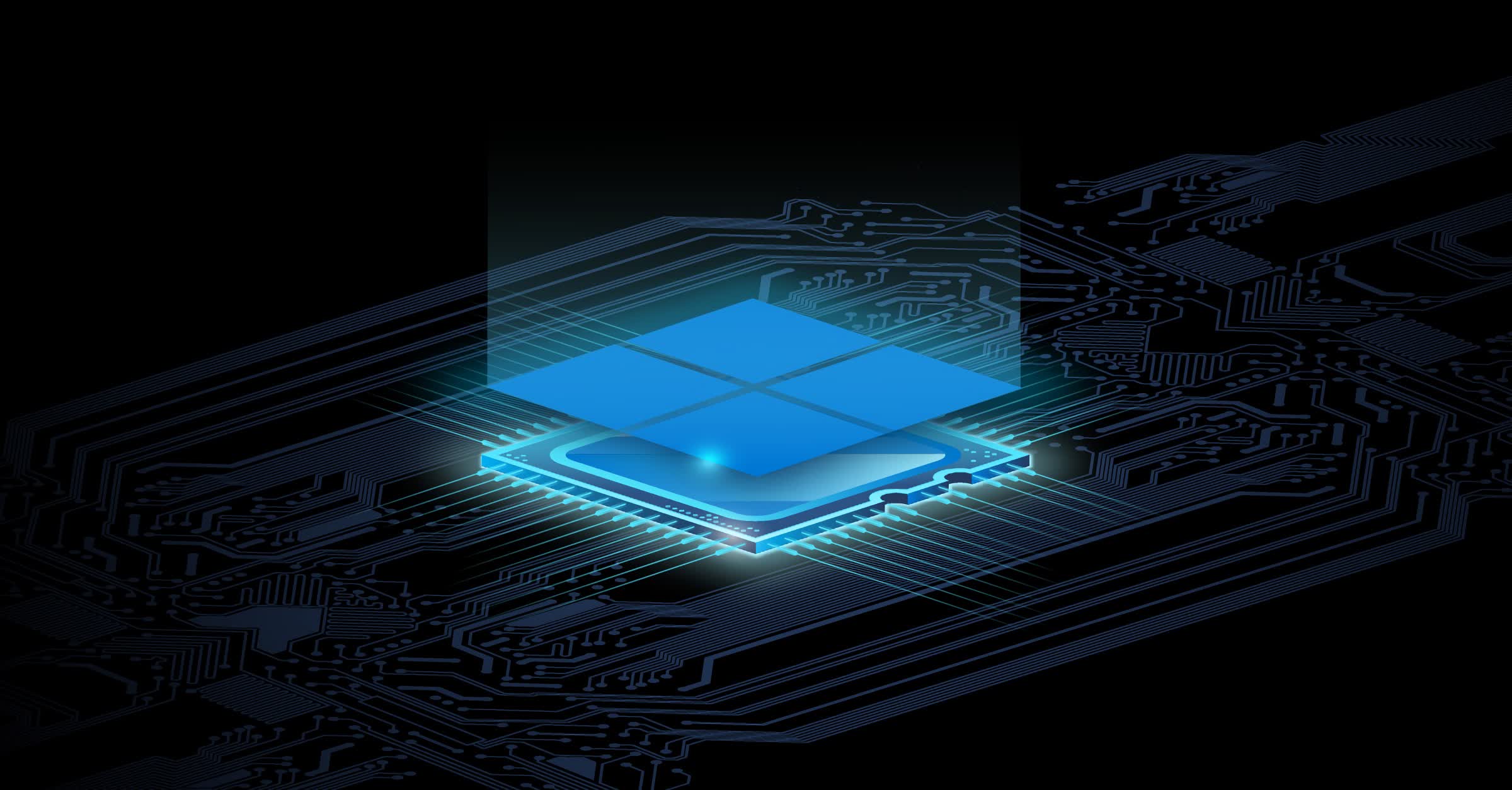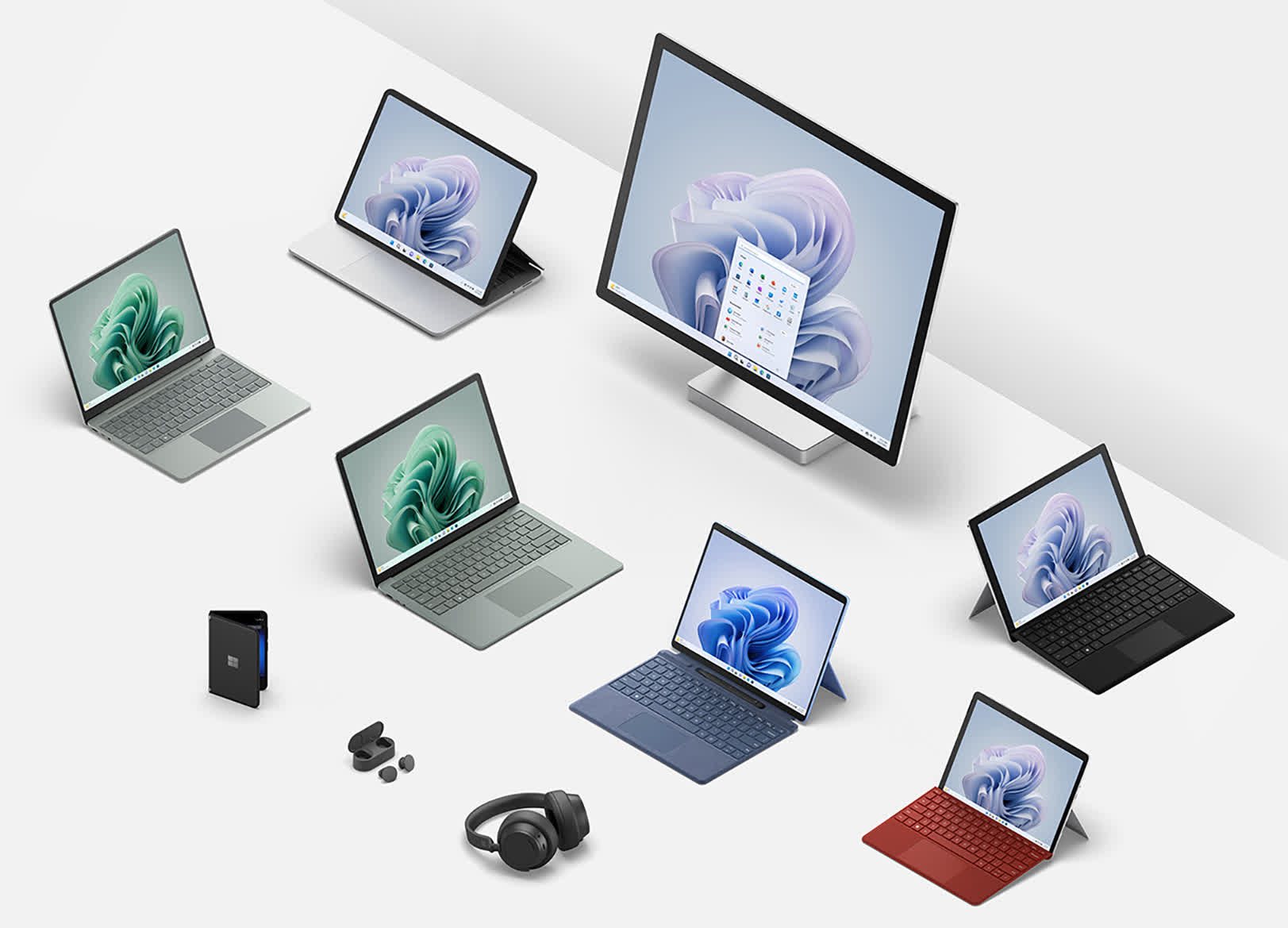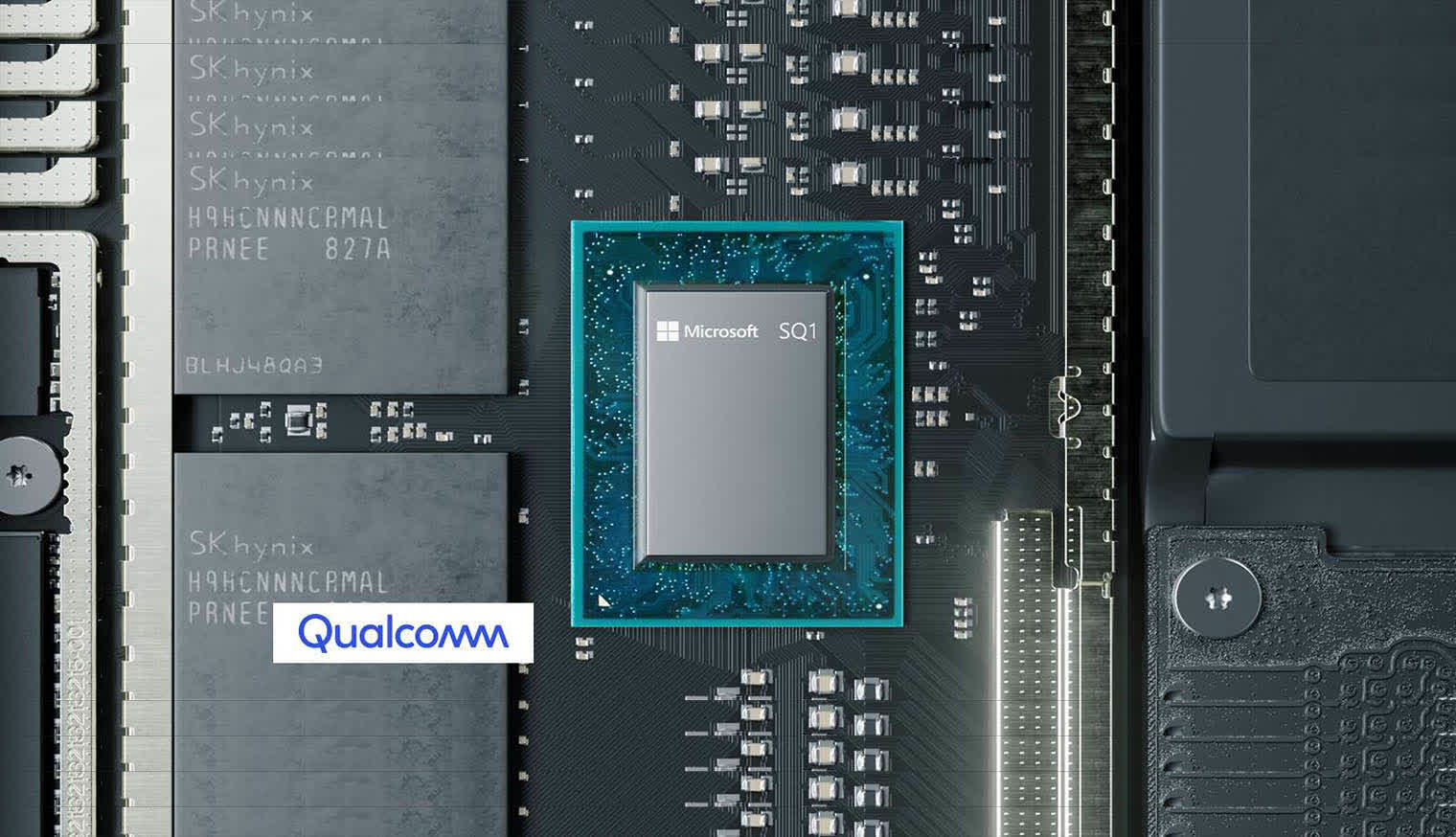Why it matters: Companies like Amazon, Facebook, Google, and others are working on custom silicon, which can save them a lot of money in the long run while reducing their dependence on off-the-shelf hardware. Microsoft is mainly interested in building chips that can accelerate artificial intelligence training and inference, but the Redmond giant may also be working on an Arm-based SoC for Surface PCs.

Microsoft has been working for years on custom silicon for the data center. Recently, we learned the company was making progress on developing a custom neural processing unit for its AI needs, as services like ChatGPT are notoriously expensive to operate. The mysterious chip – codenamed "Athena" – is the latest example of companies going the custom silicon route to reduce the need to acquire off-the-shelf hardware for their needs.
However, the Redmond giant's ambitions aren't limited to server-grade chips. According to a report from Windows Latest, the company is looking to grow a team dedicated to making a custom Arm-based chipset for Surface products. The publication spotted several job listings that provide some clues into Microsoft's plans for this new silicon.

Some of the listings have since been removed, but they reveal the Microsoft Silicon team is looking for senior engineers specialized in areas like systems-on-chip (SoCs), high-performance CPU and GPU architectures, advanced process nodes and chip packaging technologies, and firmware development. One listing suggests the team will be tasked with developing silicon for Surface, Xbox, HoloLens, and Azure.
Naturally, this has invited speculation that Microsoft wants to replicate Apple's success with M-series chipsets, which offer great performance-per-watt. However, Microsoft is a different company that eschews vertical integration in favor of cultivating a rich hardware ecosystem where devices are built using parts from several vendors like AMD, Intel, Nvidia, and Qualcomm.

For now, Microsoft has an exclusivity deal with Qualcomm when it comes to Arm-based chipsets, which is why we've only seen Windows on Arm products powered by Snapdragon chipsets. In the case of the Surface Pro 9, there's a version with a Snapdragon SQ3 chipset that is not nearly as fast as it is expensive.
MediaTek plans to enter the Windows on Arm PC market sometime in the coming years, and it looks like Qualcomm's much-awaited Apple Silicon competitor based on Nuvia's Phoenix design won't be here until 2024 at the earliest. And that's assuming that Arm isn't able to get an injunction against Qualcomm over licensing rights for the technologies underpinning Nuvia's work.
If anything, it looks like Microsoft has its work cut out for it. Hardware development takes time and carries a huge financial risk, while software developers aren't exactly rushing to port their x86 apps and games to Arm. Plus, the Redmond giant has bigger priorities such as rewriting core Windows code in Rust for better performance and security as well as making the operating system more modular.
https://www.techspot.com/news/98529-microsoft-working-custom-arm-based-silicon-pcs.html